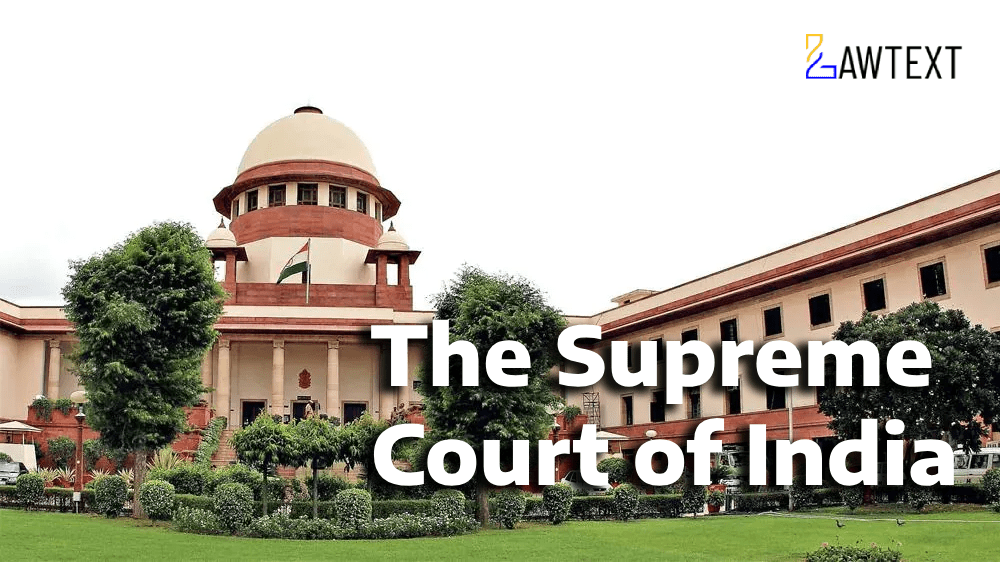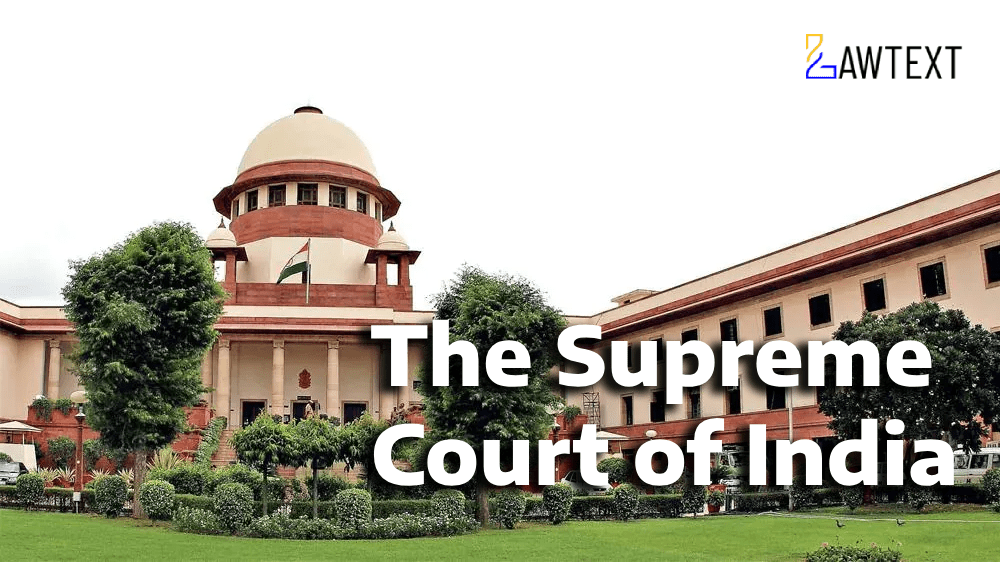Case Note & Summary
This civil appeal addresses whether a court can recall the admission of an instrument as evidence, which was marked as an exhibit despite being insufficiently stamped, using its inherent powers under section 151 of the Code of Civil Procedure (CPC). The High Court of Karnataka set aside a Trial Court order that impounded the General Power of Attorney (GPA) due to insufficient stamp duty. The appellant argued the instrument's admission should be reconsidered, while the respondent contended that once admitted, the admissibility cannot be questioned. The Supreme Court had to decide on the legality of recalling the admission for insufficient stamping.
Background and Procedural HistoryCase Background:
Sale Deeds and Agreements: Two conflicting sale deeds and agreements involving the appellant, respondent, and a third party, Praveen Shetty. Civil Suits: Both appellant and respondent filed civil suits seeking declarations that the other's sale deed was null and void.Trial Court Proceedings:
Filing of GPA: The GPA was admitted as evidence without objection due to the appellant's counsel's absence. Interlocutory Applications: Appellant later filed applications to review the admission and impound the GPA for insufficient stamping.High Court Judgment:
The High Court set aside the Trial Court's order, stating the GPA was properly marked and admission could not be questioned post-admission. Legal Issues and ArgumentsAppellant's Argument:
Insufficiently stamped instruments should be reconsidered even if admitted without initial objection. Cited various provisions of the Karnataka Stamp Act and CPC to support the argument.Respondent's Argument:
Once admitted, the admissibility cannot be questioned as per section 35 of the Karnataka Stamp Act. Suggested the appellant should seek remedy under section 58 of the Stamp Act. Supreme Court AnalysisStatutory Framework:
Sections 33, 34, 35, and 58 of the Karnataka Stamp Act, focusing on the obligation to impound insufficiently stamped documents.Judicial Determination:
Cited previous Supreme Court rulings emphasizing the necessity of judicial determination when admitting documents.Trial Court's Approach:
The Trial Court failed to apply judicial mind initially and correctly used inherent powers under section 151 CPC to rectify this mistake. Conclusion and DecisionRecall of Admission:
The Supreme Court held that the Trial Court correctly recalled the GPA admission using inherent powers due to the lack of initial judicial determination.Revenue Considerations:
Emphasized the importance of upholding statutory provisions to prevent revenue loss from insufficient stamp duty.The procedural history, key legal issues, arguments from both sides, and the Supreme Court's rationale leading to its decision.
Issue of Consideration: G.M. Shahul Hameed Versus Jayanthi R. Hegde
Premium Content
The Issue of Consideration is only available to subscribed members.
Subscribe Now to access critical case issues





